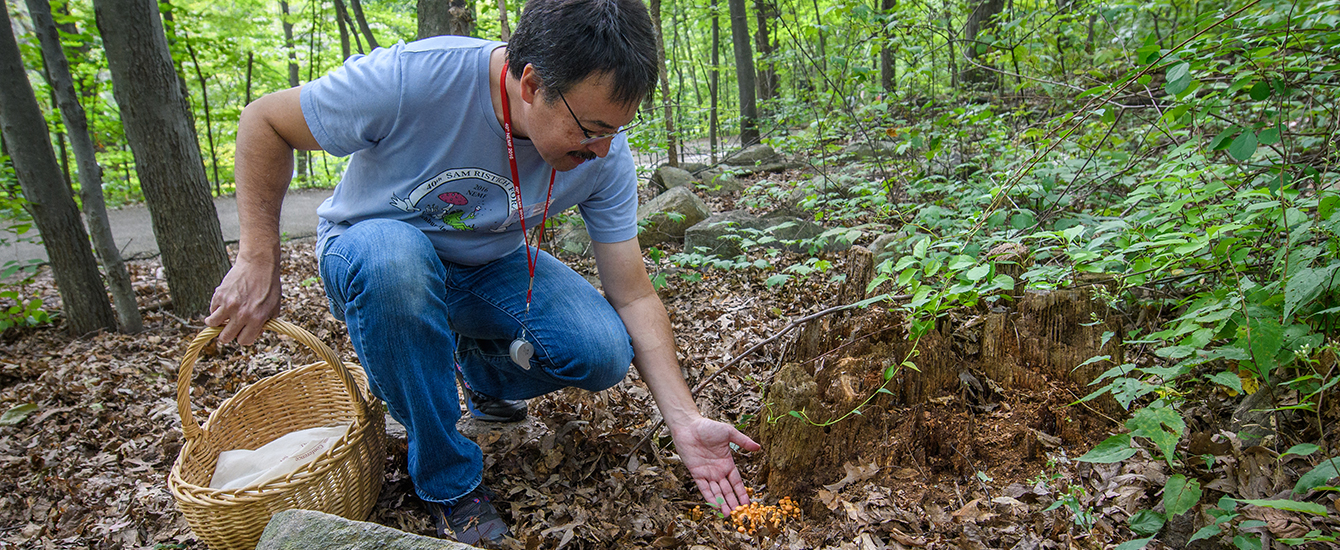Biology
Unraveling cis-regulatory mechanisms at the abdominal-A and Abdominal-B genes in the Drosophila bithorax complex
Abstract
Genome sequencing has revealed that in metazoans, only a small percentage of DNA actually codes for functional proteins. Research efforts have focused on elucidating the purpose of the rest of the genome, which was initially largely thought of as mere 'junk' DNA. One genomic region that is proving to be a rich source of new information is the Drosophila bithorax complex (BX-C). At this homeotic gene complex, many different classes of cis-regulatory elements, such as insulators, silencers, enhancers, and promoters, work together to tightly control gene expression during development. Recent studies have begun to unravel the intricate nature of these regulatory interactions. The BX-C was first discovered and characterized by Ed Lewis over three decades ago. In his seminal 1978 Nature paper, Lewis speculated that "substances" originating from the nongenic regions of the BX-C may regulate expression of the neighboring abdominal-A and Abdominal-B homeotic genes. A number of discoveries in the last few years suggest that he was right. The activation of some of the cis-sequences at the complex appears to be controlled by nongenic transcription, providing a further level of regulatory complexity to regions of nonprotein coding DNA. The hope is that these studies of gene regulation at the BX-C in the humble fruit fly will provide clues as to how vast intergenic regions contribute to the incredible complexity of gene regulation in other species, including humans. © 2006 Elsevier Inc. All rights reserved.



